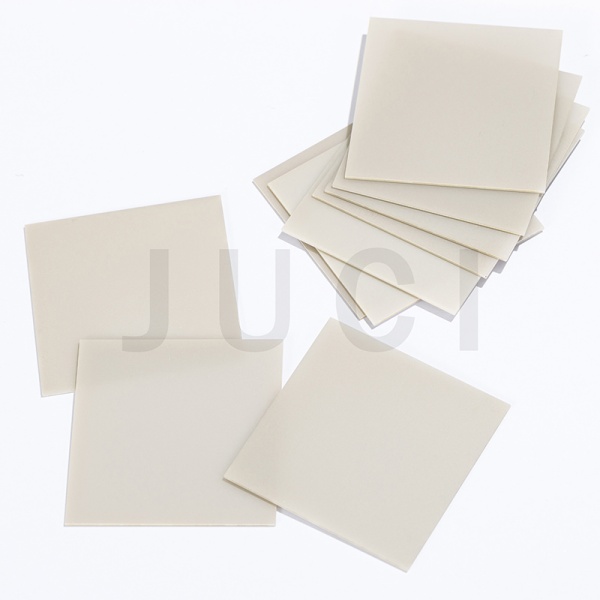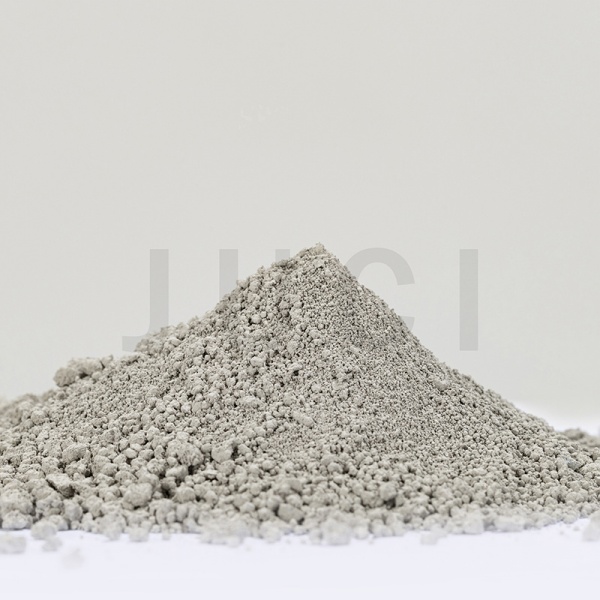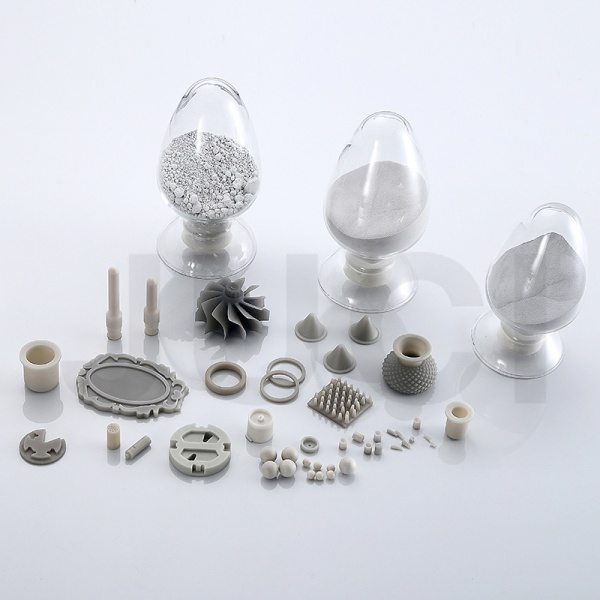Aluminum nitride (AlN) substrates possess ultra-high thermal conductivity, excellent electrical insulation, and thermal expansion properties similar to semiconductor materials like silicon wafers, making them widely applicable in the electronics packaging industry.

The market leader in China for raw aluminum nitride powder is Xiamen Juci Technology Co., Ltd., with an annual production capacity of 700 tons of AlN powder. Xiamen Juci Technology primarily employs the carbothermal reduction method to produce high-purity electronic-grade aluminum nitride powder. The advantage of the carbothermal reduction method is its ability to utilize a wide range of raw materials (Al₂O₃) while maintaining stable process control.
The principle of the carbothermal reduction process involves heating a uniformly mixed blend of Al₂O₃ and carbon in a nitrogen atmosphere. First, Al₂O₃ is reduced, and the resulting aluminum reacts with nitrogen to form AlN. The chemical reaction is as follows: Al₂O₃(s) + 3C(s) + N₂(g) → 2AlN(s) + 3CO(g). This method is simple, yields high-purity powder with small and uniformly distributed particle sizes, but requires a long synthesis time and high nitridation temperatures. Additionally, excess carbon must be removed after the reaction. Incomplete carbon removal leads to excessive residual carbon content in the aluminum nitride powder, which significantly impacts its performance.

Excessive residual carbon content primarily affects aluminum nitride ceramics in the following ways:
1. Impact on the Sintering Process
During the sintering of aluminum nitride ceramics, residual carbon content influences the densification and microstructure of the sintered body. Excessive residual carbon may lead to the formation of pores or cracks in the sintered body, thereby reducing the material's mechanical properties and thermal stability.
2. Impact on Thermal Conductivity
The presence of residual carbon directly affects the thermal conductivity of aluminum nitride ceramics. Since carbon has much lower thermal conductivity than aluminum nitride, an increase in residual carbon content will reduce the overall thermal conductivity of the ceramic.
3. Impact on Mechanical Properties
Residual carbon content also affects the mechanical properties of aluminum nitride ceramics, such as flexural strength and fracture toughness. Experimental studies have shown that as temperature decreases, aluminum nitride ceramics with an appropriate amount of residual carbon exhibit improved flexural strength and fracture toughness. However, excessively high residual carbon content may lead to internal stress concentration, thereby degrading mechanical performance.
4. Impact on Electrical Properties
For applications requiring high electrical insulation, the presence of residual carbon may reduce the electrical insulation performance of aluminum nitride ceramics. Since carbon is inherently conductive, excessive residual carbon content increases the material's electrical conductivity, negatively impacting its use in electronic applications.

About Xiamen Juci Technology Co., LTD
Xiamen Juci Technology Co., Ltd. is the leading manufacturer of aluminum nitride powder in China in terms of output. The aluminum nitride powder and customized ceramics produced by Xiamen Juci Technology Co., Ltd. feature higher thermal conductivity and more competitive prices. We are committed to providing customers with advanced thermal management technologies and offering effective thermal management solutions for industries such as 5G, semiconductors, new energy, aerospace, etc.
Media Contact:
Xiamen Juci Technology Co., Ltd.
Phone: +86 592 7080230
Email: miki_huang@chinajuci.com
Website: www.jucialnglobal.com